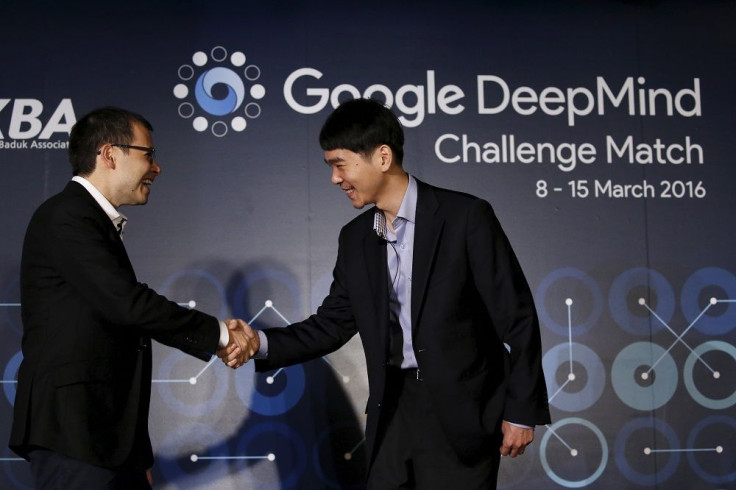Lack of empathy is still AI’s biggest and unsurmounted difference from human content

Humans have woven artificial intelligence (AI) into various applications of human life. This technology that mimics human intelligence have been developed in major strides in bioresearch, computing and education.
The most evident progress of AI comes from the field of deep learning. This new era in machine language, based on an MIT publication, utilises massive amounts of computational power. As a result, machines can now recognise objects and translate speech in real time. Deep learning’s intricate computing technology attracted the interest and resources of various companies in their quest towards AI-rich technologies.
For instance, Facebook employed this algorithm when it introduced a system of facial recognition, an app that could identify users with 98 percent accuracy. A Fortune article regarded the algorithm as a beginning of a new era in facial recognitions apps which presented its pros and cons.
Google has also been in the forefront of deep learning AI when it released a system that is able to recognise scenes by just using short sentences. They say a picture is worth a thousand words, but for Google, simple sentences are enough to describe complex images. This Google-brain inspired software can eventually help the visually impaired to understand pictures since alternate text depicting the image has become available.
The company also paid more than $600 million to join forces with a machine learning startup called Google Deep Mind . Supported by some of the most iconic entrepreneurs and investors, the algorithms built are capable of learning for themselves directly from raw experience or data.
Baidu, which is considered as “China’s Google,” also invested big on AI technology when it set up a lab in Silicon Valley to expand on its research. In a VentureBeat article , Andrew Ng, previously associated with Google, joined the Chinese search company to work with various applications that could eventually make them smarter.
“In the long run, we're evolving in computing from a 'mobile-first' to an 'AI-first' world,” said Google’s CEO, Sundar Pichai, during Alphabets Q1 earnings call .
This statement is coming true in terms of utilising content in mobile. Another Google Brain-inspired technology takes the form of a human nerd as seen in a Gizmodo article. Magenta, credits inspiration from another Google Brain initiative called Deep Dream. Magenta, in a Quartz report, wants to know if AI technology can create art instead of merely copying styles from existing artwork and musicians.
AI has become part of mobile technology and its content that news publishers such as the Associated Press used Automated Insights to generate earning reports each year. Even the University of Illinois has developed a program that will communicate with humans through jazz improvisation. The Illinois News Bureau reported on this new technology saying this system might be able to improvise music and analyse human performance.
AI tech is far from humans
While AI strives to be closer to the human mind, it is, undeniably, still very far from it. Humanity begins when emotions and rational intelligence take place. Much of the debate around AI is its ability, or lack thereof, to juxtapose human emotions and empathy over well-written content.
Humans cannot be robotic, says a tech blog when compared with AI technology. AI-based content or what the blog called, “robotic” content has a deadness to its content. What makes people more human is their ability to awe, inspire and rationalise. Humans’ ability to express and evoke emotions — laughter, passion, and anger — succeeds over the bland content that AI delivers. AI can learn idioms, narrative structure idioms which can be programmed, but AI will never learn empathy more than humans as emphasised on the blog.
Compared to automated content which can appear real, human content creators have the capacity to invoke feelings and create a personality that only the human mind can do.
“Up until such time when we reverse engineer the human brain (that time will come, someday), there will be a place for human curators, just like there is a place for museum curators,” said Born2Invest founder and CEO, Dom Einhorn in an exclusive interview. “The biggest edge human curators have over machines at this point is that they are simply better at determining what another human may find useful and engaging,” he added.
The mobile business news app delivers localized 80-word news summaries, with over 80,000 monthly active users accessing it across 169 countries.
Humans invented AI for a reason, and that is to aid them in complex calculations and accurate translations. Still, and perhaps fortunately, there is a limit to what these machines can do. They cannot and will never learn emotions that are innate in humans.





















